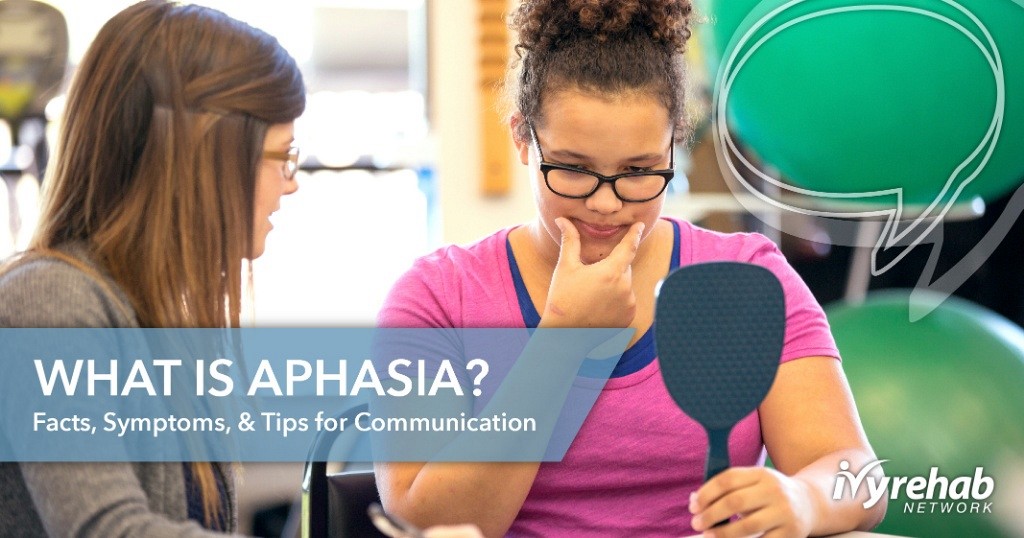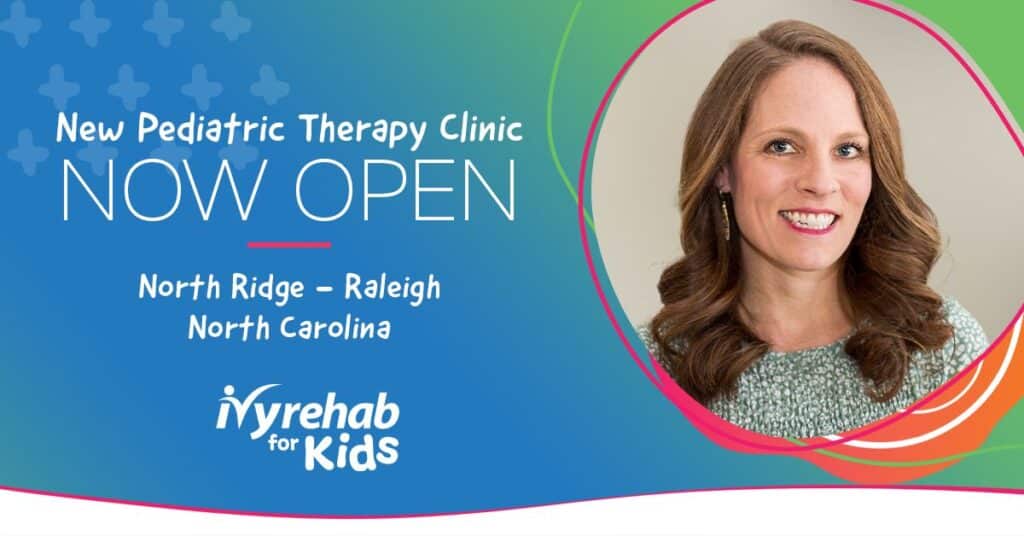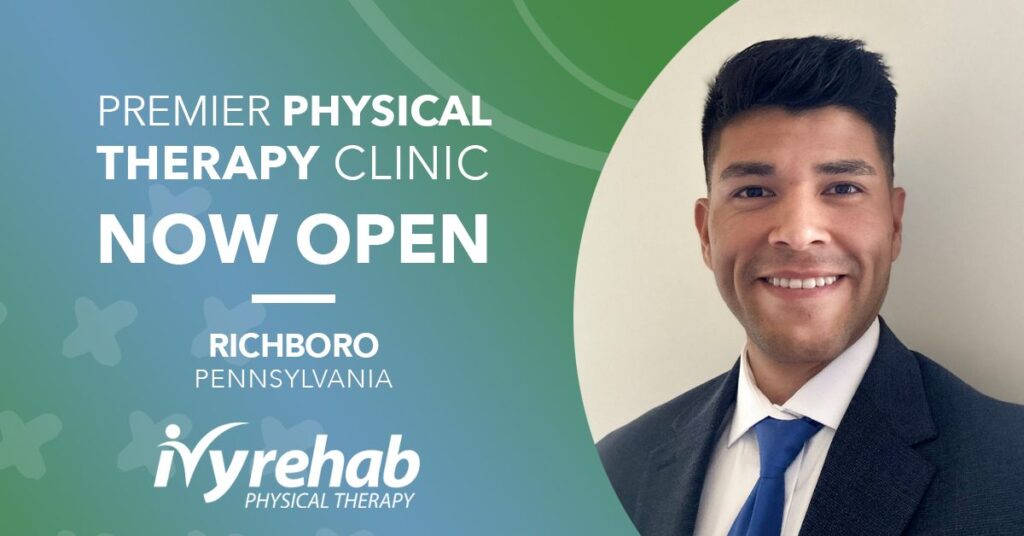River Steinberg, a speech therapy graduate student clinician from Ivy Rehab partner clinic, Southeastern Physical Therapy in Virginia Beach, VA, defines aphasia as well as facts, symptoms, and tips to help communicate:
What is Aphasia?
After a person has experienced a stroke, it is likely they may have some difficulty in everyday functioning afterward while healing. The stroke can produce a variety of consequences that come about during recovery such as muscle weakness, problems eating or swallowing, but also impairments with communication. When a person suffers from a stroke, or brain damage, and develops difficulties with the language it is called “aphasia”.
Signs and Symptoms
Aphasia can cause a variety of difficulties in communication including trouble talking, understanding, reading, or writing. Examples include:
- Can’t think of the words you want to say
- Saying the wrong word (ex. saying “fish” instead of “chicken”) or made-up words that don’t make sense
- Not understanding what others say, especially when speaking fast, using longer sentences, or talking in a group
- Have trouble reading forms, books, or computer screens
- Difficulty using numbers like counting money, adding/subtracting, or telling time
Statistics
According to a 2016 national survey on aphasia awareness, 84.1% of people can make the connection between stroke injury and difficulties with communication. Yet, 84.5% of people have NEVER heard of the term. More people have it than many other common conditions like Parkinson’s disease, cerebral palsy, multiple sclerosis. It occurs in 25-40% of stroke survivors and over 2,000,000 people in the United States struggle with it. This communication struggle has a greater negative impact on the quality of life than Alzheimer’s disease or cancer.
Tips to Improve Communication
- Talk in a quiet place and eliminate distractions (ex. turn off TV or radio)
- Keep eye contact and use gesture or facial expressions
- Use short, simple sentences with slower speech
- Ask yes or no questions
- Give time to respond, it might take a little longer than expected (do not try to finish sentences)
- Write down keywords or topics in large, bold print
Recovery and Treatment
While there is no “cure”, most people improve over time – especially if speech therapy is enacted within the first 6 months of onset. Yet, a person’s aphasia can still be treated even if onset occurred 10 or more years as long as they have access to appropriate intensive therapy! A licensed speech-language pathologist (SLP) can diagnose the condition and then work to develop a treatment plan that helps the person achieve personal goals such as having a conversation with family members, reading the newspaper, or returning to work.
We’re Here to Help
If you have suffered a stroke (or another type of brain injury) and find that you experience symptoms as described above, be sure that you or a caregiver speaks with a doctor, neurologist, or licensed SLP to schedule an appointment for further evaluation.
Sources:
http://www.asha.org/public/speech/disorders/Aphasia/





